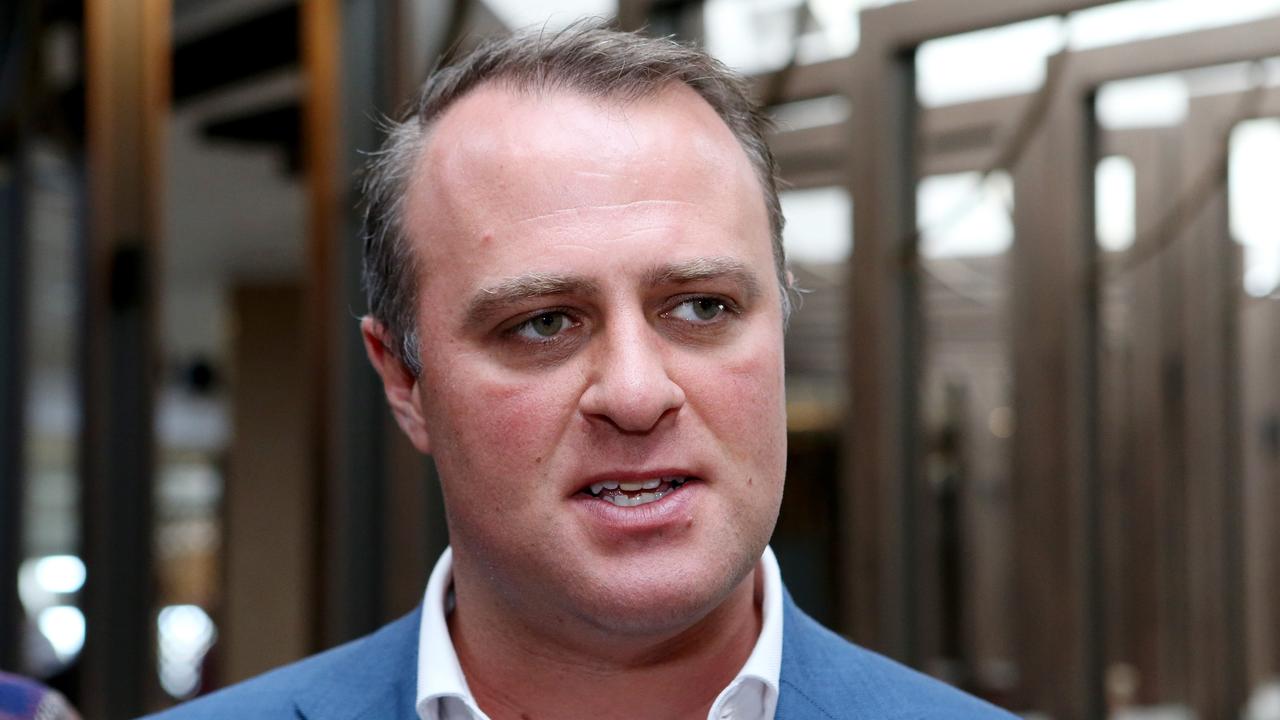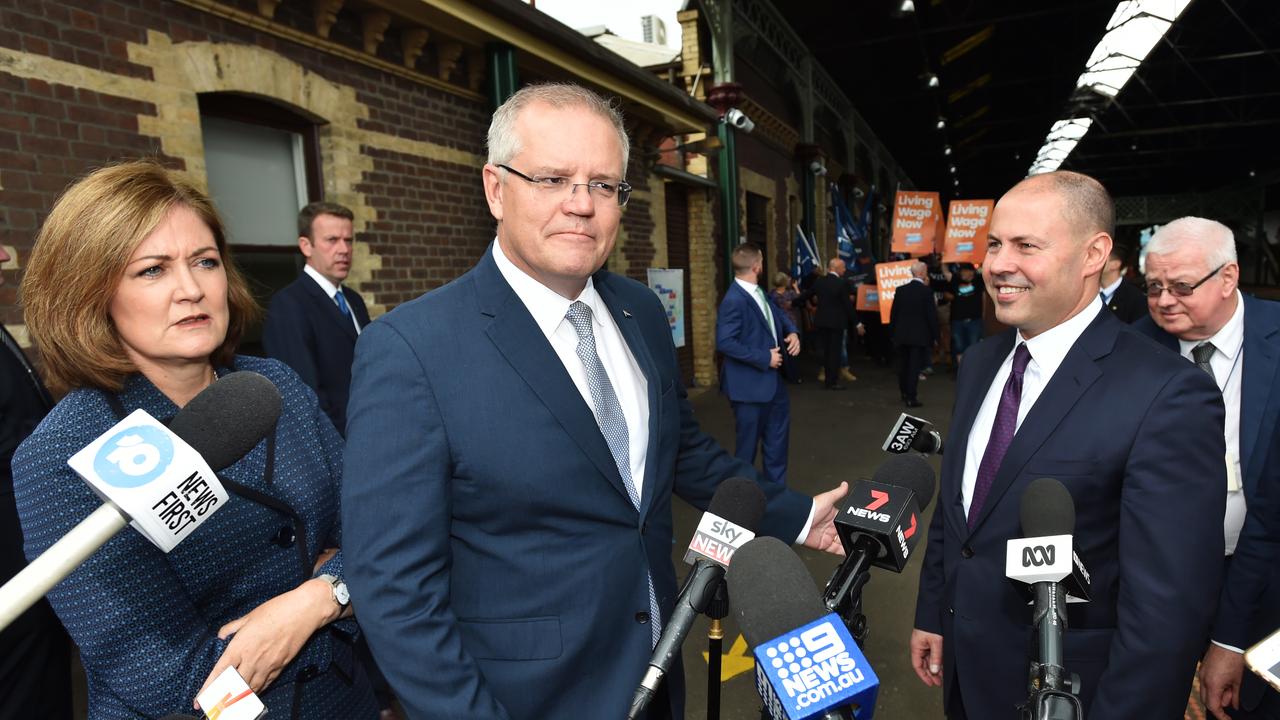Use tax cuts to boost wages, says ex-BCA boss Tony Shepherd
The former BCA head has backed calls for large companies to consider a social contract with their workers and shareholders.

The former head of the peak business lobby has backed calls for Australia’s largest companies to consider a social contract with their workers and shareholders to share dividends of the government’s broader company tax cuts yet to be passed by the parliament.
Tony Shepherd, a past president of the Business Council of Australia and long-serving company director, said the top end of town had to begin discussing how tax cuts would benefit workers, as well as shareholders, if they wanted to increase public support.
“If companies get a significant tax cut, I think it’s beholden on all big companies that they broadly look at how they can divvy up the dividends, to shareholders, to investment which creates jobs and to workers,” said Mr Shepherd, who headed the Abbott government’s National Commission of Audit.
There is growing support within sections of the government, as flagged by The Australian last week, for the idea of pushing the corporate sector in the direction of the US experience, where companies have taken their own decisions to deliver significant benefits directly back to workers.

“We are not talking here about small or medium-sized businesses; we are talking about the big guys,” Mr Shepherd said.
“They can’t expect the government to continue to keep doing the heavy lifting.”
The top 20 companies in Australia, which would share in a cut in company tax from 30 per cent to 25 cent if the government can pass the rest of its enterprise tax plan, employ an estimated one million workers. These include companies such as Wesfarmers, Woolworths, the big four banks, Qantas, McDonald’s Australia, BlueScope Steel, BHP, Rio Tinto and Spotless.
Scott Morrison has been dismissive of the idea, saying a social contract would add undesirable regulation and companies could not be expected to commit to passing on benefits of tax cuts to workers before the cuts were put into law. There has been no suggestion the government was being asked to force companies to sign up to an accord in return for the tax cuts. The idea did not involve regulation or binding commitment but sought to pressure the corporate sector to initiate a collective approach to demonstrating what benefits millions of workers would receive in return for a lower company tax rate.
At least 200 of the top corporations in the US have offered wage rises and bonuses to workers, collectively worth billions of dollars, on the back of US President Donald Trump’s cuts to company tax from 35 per cent to 20 per cent.
Mr Shepherd said the idea for Australian companies to begin a discussion on how tax cuts could be divvied up between shareholders, reinvestment and employees had merit, even before the tax cuts were legislation.
The Turnbull government has little prospect of securing Senate support for the rest of the tax cuts for all businesses — above the $50 million threshold secured by the government last year — with the Nick Xenophon Team still opposing further changes.
The business lobby has lined up on both sides of the argument for a social contract, with current BCA chief executive Jennifer Westacott claiming the tax cuts would automatically trigger wage growth. Other business leaders have said the idea was worth considering.
Labor leader Bill Shorten, when asked about the idea of a social compact on Tuesday, said companies could not be trusted to pass on dividends of a tax cut. “Oh, pigs might fly. Sorry. The idea that when you see a large company getting tax windfalls from their friends in the Turnbull government, that they’re miraculously going to share this largesse with the workers of Australia. I’m sorry but that fairytale doesn’t add up,” the Opposition Leader said.
Malcolm Turnbull hit back yesterday, saying the previous Labor government had been an advocate for company tax cuts, resulting in higher wages. “It is always good to look out for fairytales … the Leader of the Opposition … is quite capable … of doing 180 degrees on his own views, but what about the 2010 budget, written by the member for Lilley and, of course, ably assisted by the member for Rankin,” the Prime Minister said.
“I reckon the member for Rankin wrote this bit. He said reduction in the company tax rate is expected to increase GDP by 0.4 per cent in the long run. This will, together with resource tax reforms, lead to a long-run increase in GDP of around 0.7 per cent and increase real after-tax wages by 0.1 per cent. Over time this will lead to an increase in investment. This in turn will flow through to higher real wages for Australians.”




To join the conversation, please log in. Don't have an account? Register
Join the conversation, you are commenting as Logout